Voice AI agents have transformed the e-commerce industry, thanks to the rapid advancement of artificial intelligence. Among the numerous innovations, voice AI agents have emerged as a powerful tool, transforming how businesses interact with their customers. This blog post delves into the benefits and challenges of implementing AI agents in e-commerce, providing a comprehensive guide for businesses considering this cutting-edge technology.
The Rise of Voice AI Agents in E-commerce
AI Voice agents, also known as AI voice agents, are artificial intelligence systems designed to interact with users through voice commands. These agents use natural language processing (NLP) and machine learning algorithms to understand and respond to customer queries, offering a seamless and intuitive user experience. As e-commerce continues to grow, integrating voice AI into online retail platforms has become increasingly popular, offering numerous advantages.
Benefits of Implementing Voice AI Agents
Enhanced Customer Experience from AI Voice Agents
One of the most significant benefits of implementing voice AI agents in e-commerce is the enhanced customer experience. AI Voice calling agents provide instant responses to customer queries, reducing wait times and ensuring that customers receive the information they need promptly. This level of efficiency can significantly improve customer satisfaction and loyalty.
Personalized Shopping Experience
AI Voice agents can analyze customer data and provide personalized recommendations based on individual preferences and past purchase history. This personalized approach helps businesses tailor their offerings to meet the specific needs of each customer, increasing the likelihood of conversions and repeat purchases.
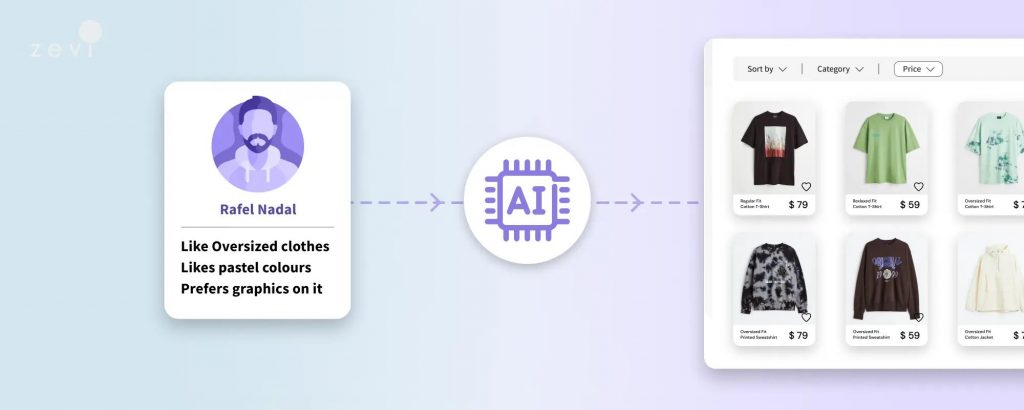
AI Voice agents In Increasing Accessibility
Voice AI agents make online shopping more accessible to a broader audience, including individuals with disabilities or those who prefer voice interactions over traditional text-based methods. By offering an alternative means of communication, businesses can cater to a diverse customer base and improve overall accessibility.
Cost Saving Voice Agents
Implementing voice AI agents can lead to significant cost savings for e-commerce businesses. By automating routine tasks and customer interactions, companies can reduce the need for a large customer support team, thereby lowering operational costs. Additionally, AI Voice agents can handle multiple queries simultaneously, further enhancing efficiency. The AI agent market is projected to grow from USD 13.2 billion in 2024 to USD 49.9 billion by 2030, at a compound annual growth rate (CAGR) of 24.9% during the forecast period, according to a new report by MarketsandMarkets.
AI-powered voice 24/7 Availability
Unlike human agents, AI Voice agents can operate 24/7, ensuring that customers can access support and information at any time of day or night. This constant availability can be particularly beneficial for global e-commerce businesses, catering to customers across different time zones.
Challenges of Implementing Voice AI Agents
Technical Limitations of Voice AI
Despite their advanced capabilities, AI Voice agents are not without limitations. Understanding complex or ambiguous queries can be challenging, leading to potential miscommunications and frustration for customers. Additionally, background noise and accents can impact the accuracy of voice recognition, further complicating interactions.
Integration of Voice AI agents with Existing Systems
Integrating voice agents into existing e-commerce platforms can be a complex and time-consuming process. Ensuring seamless compatibility with various systems, such as inventory management and customer relationship management (CRM) tools, requires careful planning and execution. Make your voice agent talk with 3rd party platforms. Fetch and send data to tons of integrations using Rest API & Zapier Webhooks. Botsify integrates with ElevenLabs, Play.ht, and Resemble AI to clone your own voice so you can choose your voice as a representative for your ecommerce.
Privacy Concerns
AI Voice agents collect and process large amounts of data, raising concerns about privacy and data security. Businesses must implement robust security measures to protect customer information and comply with data protection regulations, such as the General Data Protection Regulation (GDPR).
Investment on Cold Calling Agents
While voice agents can lead to cost savings in the long run, the initial investment required for development and implementation can be substantial. Small and medium-sized businesses may find it challenging to allocate the necessary resources for this technology.
Generate More Leads With Automated Voice AI Agents
Gather quality leads on autopilot and 10x your ROI with Voice Agents
Maintenance and Updates
Voice agents require regular maintenance and updates to ensure optimal performance. This ongoing commitment can be resource-intensive, requiring dedicated personnel and continuous monitoring to address any issues that may arise.
Practical Examples of Voice AI Agents in E-commerce
1. Voice AI Agents
Botsify Voice AI agents are a newly launched feature that allows users to communicate easily on phone calls and be acknowledged for the products and services the business provides. The AI voice agents also known as cold calling agents allow businesses to easily make phone calls for sales and lead generation. These voice agents can engage potential customers, answer questions about products or services, and guide them through the purchasing process, thus boosting sales and generating leads.

Features:
- Outbound Call agents
- Sales outreach
- Faq Answer
- Lead Generation
- Customer support
- Order confirmation
Pricing:
Basic Plan: $27/Mon, 50 Calls/Month, 1 Agent
Done for you: $147/Mon, 500 Calls/Month, 10 Agents
Agency Plan: $797/Mon, 5000 Calls/Month, 100 Agents
2. Jiq.AI
Reach out to customers who haven’t made purchases in a while and inform them of your exciting new offer. JIQ AI Agent can provide helpful answers to common questions, and guide clients towards the next step in the sales process.
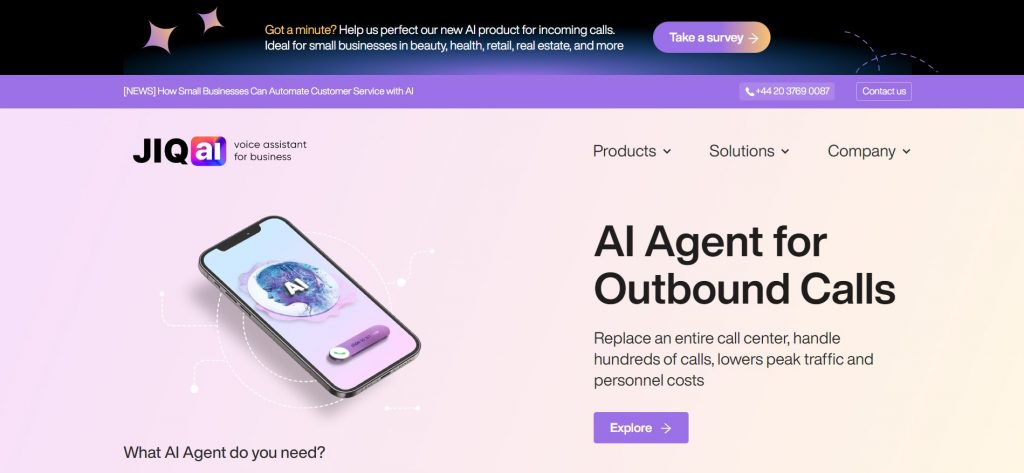
As a call result JIQ Agent
Sends an email or message with information
Activates services online
Sends data to CRM system
Cuts costs on clients reactivation up to 60%
3. Voxia

-
Walmart Voice Order
Walmart’s Voice Order service, powered by Google Assistant, allows customers to add items to their shopping cart and place orders using voice commands. This integration simplifies the shopping process and demonstrates how AI Voice agents can enhance customer convenience.
Implementing Voice AI Agents: A Step-by-Step Guide
Step 1: Define Your Objectives
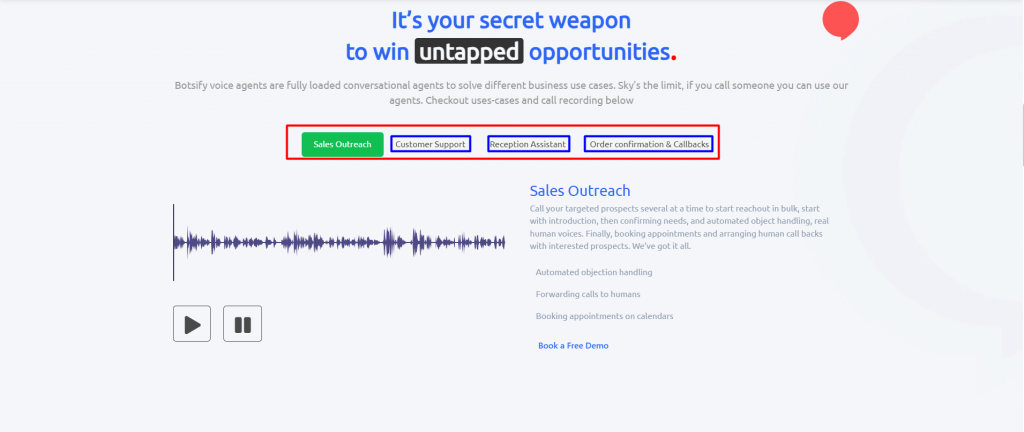
Step 2: Choose the Right Platform
Selecting the right voice AI technology is crucial. Evaluate different AI Voice agents and choose a solution that aligns with your business needs. Consider factors such as compatibility, scalability, and ease of integration.
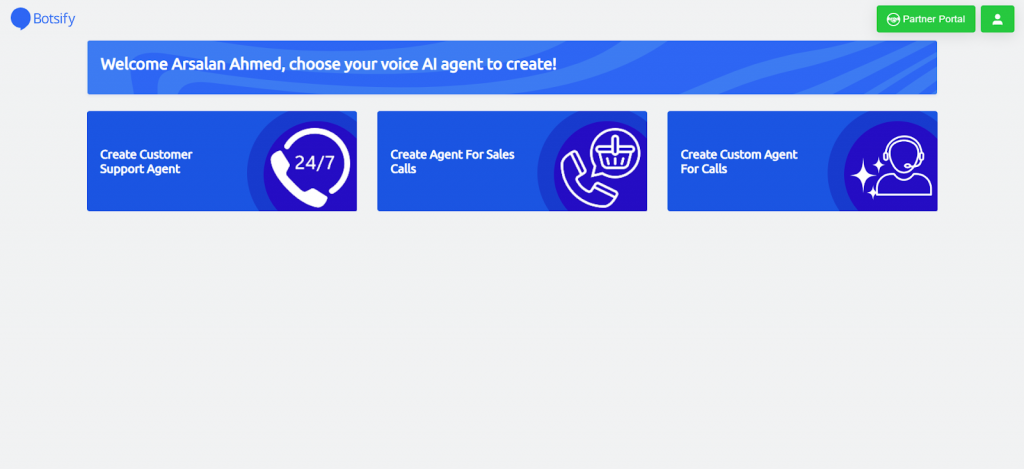
Step 3: Develop and Train the AI
Developing and training AI Voice agents requires a collaborative effort between AI experts and business stakeholders. Provide the AI with sufficient data and scenarios to ensure it can handle a wide range of customer interactions effectively.
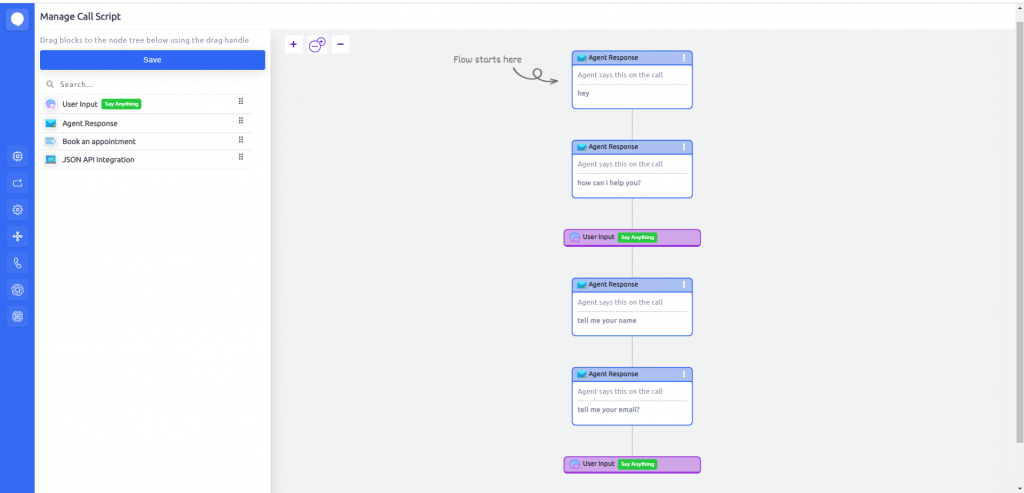
Step 4: Integrate with Existing Systems
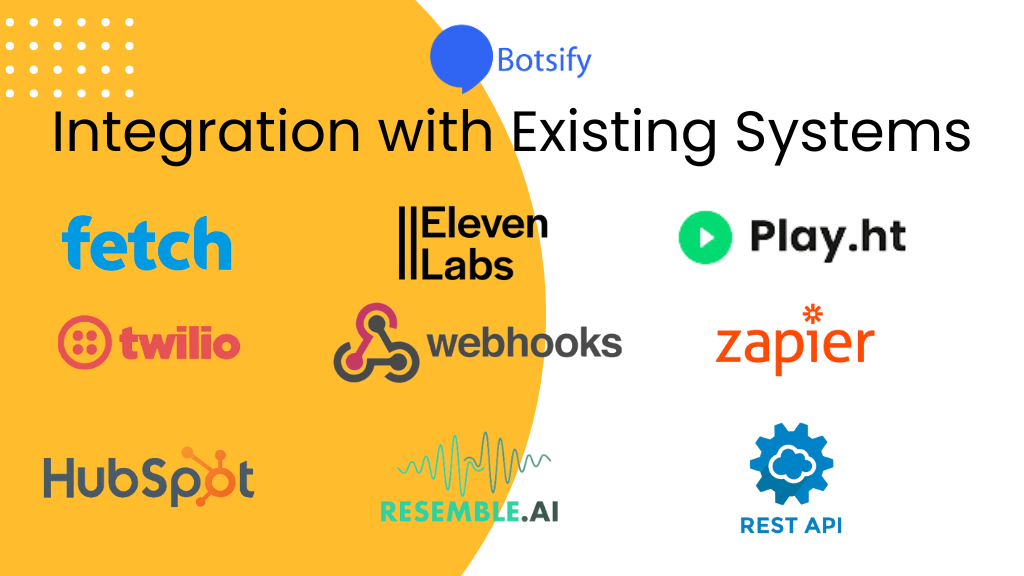
Step 5: Test and Optimize
Before launching voice AI agents, first conduct thorough testing to identify and address any issues. Additionally, continuously monitor performance and gather feedback to optimize the AI and enhance its capabilities over time.
The Future of Voice AI Agents in E-commerce
Continued Advancements in AI Technology
As AI technology continues to advance, AI Voice agents will, therefore, become even more sophisticated and capable. Additionally, improvements in natural language processing, machine learning, and voice recognition will, in turn, enable these agents to handle increasingly complex interactions and provide more accurate responses.
Expansion into New Markets
Voice AI agents have the potential to expand into new markets and industries beyond e-commerce. Sectors such as healthcare, finance, and education can benefit from the convenience and efficiency of voice AI, leading to widespread adoption across various domains.
Enhanced Personalization
Future advancements in voice AI will enable even greater levels of personalization. Specifically, by leveraging more detailed customer data and advanced algorithms, AI Voice agents can, consequently, offer highly tailored recommendations and support. As a result, this will further improve the customer experience.
Greater Integration with IoT Devices
The integration of voice AI agents with Internet of Things (IoT) devices will, indeed, open up new possibilities for e-commerce. For instance, imagine a scenario where your smart refrigerator automatically orders groceries when supplies run low. Additionally, your virtual assistant coordinates with your smart home devices to prepare for an upcoming event.
Conclusion
In conclusion, implementing voice AI agents in e-commerce offers numerous benefits, including enhanced customer experience, increased accessibility, and cost savings. However, businesses must also consider the challenges, such as technical limitations, integration complexities, and privacy concerns. By carefully planning and executing the implementation process, e-commerce businesses can leverage voice AI to transform their operations and stay ahead in a competitive market. The future of AI Voice agents is promising, with continued advancements and new opportunities on the horizon, making it an exciting time for businesses to explore this innovative technology.
Are You Ready To SkyRocket Your Cold Calling Game
Click The Button Below And Gather Quality Leads With Voice AI Agents


